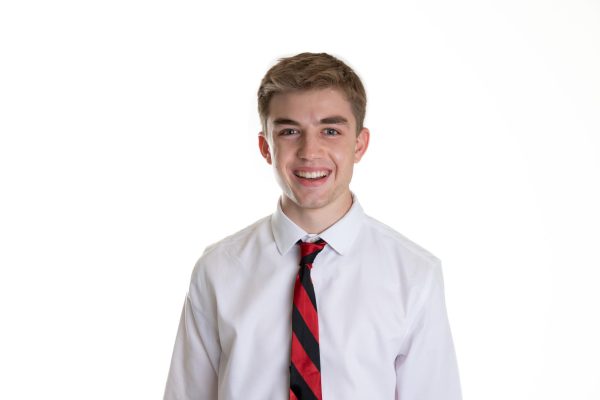Kenneth Eugene Smith, a death row inmate in Alabama, was executed using nitrogen gas on January 25, 2024. It was the first time that a new method of execution has been used in the United States since lethal injection was implemented in 1982.
The State of Alabama chose the method after officials had trouble acquiring the deadly chemicals necessary, as well as finding suitable veins for lethal injection. Alabama has not been the only state that has been forced to find alternatives to lethal injection recently. Mississippi and Oklahoma have also authorized the use of nitrogen gas, and South Carolina has reauthorized the use of firing squads and the electric chair as alternative methods.
In Arizona, the death penalty is still an option for criminal punishment. The state has utilized lethal injection to carry out all of its executions since 1992, but offers cyanide gas to prisoners as an alternative option. The last prisoner executed in Arizona was Murray Hooper on November 16, 2022.
The State paused executions in 2014, resumed them in 2022, and then paused them again in 2023 after Governor Katie Hobbs ordered a review of death penalty protocols. That review is still ongoing. The State is still issuing death sentences, however, placing more and more inmates on death row.
Jesuits, as priests in the Catholic Church, are opposed to the death penalty in all forms. Fr. Juan Pablo Marrufo del Toro, S.J. is a School Chaplain at Brophy. He stated that this belief stems from the fact that criminals sentenced to death are deprived of hope, and that Jesus taught that no one should ever be deprived of hope.
In response to the argument that some people are inherently evil and are a danger alive, Fr. del Toro said, “We can make evil choices. We can make evil things. Evil, sadly, right, is part of the human condition. So nobody is inherently evil from birth, right? Nobody is born evil. We are all born good.”
Fr. del Toro noted that Jesuits are called to work closely with those on death row. “We priests, and especially we the Jesuits, work with the most marginalized people of our society, and people sentenced to death are really part of that group,” said Fr. del Toro.
The Brophy Voices for Life Club has consistently advocated for an end to the death penalty in Arizona and beyond. In protest of a 2022 execution by the state of Arizona, the club traveled to to show their support. “As a club, we traveled to Florence, Arizona to witness the execution of an inmate on death row, to show our love and support through prayer and aside his final moments on earth,” said Luis Mata ’25, who is one of the club leaders.
In response to why he is personally opposed to the death penalty, Mata cited his Catholic faith. “Not only being a Catholic but upholding my moral values is to preserve human life and dignity at all costs. For me, this means letting God and the naturality of life be the judge of when life ends,” he said.
Carter Henderson-Cole ’25 is also another one of the club leaders. His opposition to capital punishment also stemmed from his Catholic faith, and he did not favor any methods of execution of others. “My stance is that no method of execution whether it be lethal injection, nitrogen gas, or firing squad, is morally justifiable because each method extinguishes a human life and, with it, the possibility of redemption and change. The act of taking a life cannot be reconciled.”















